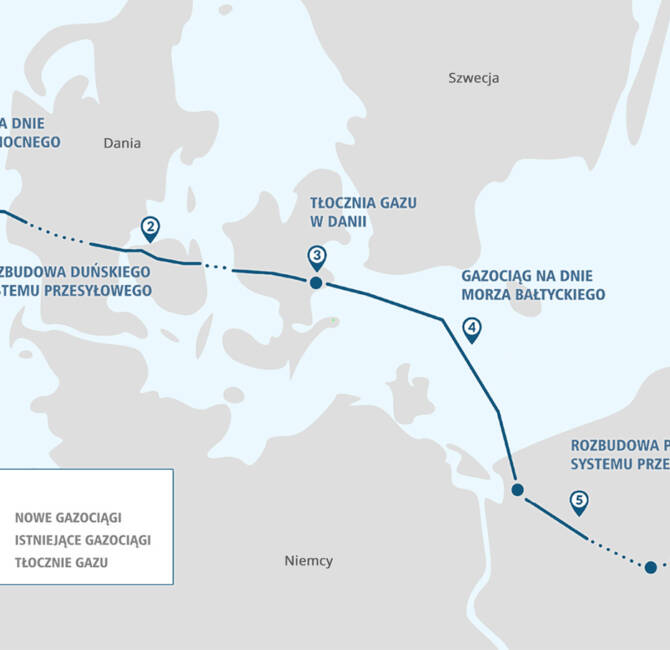Poland – Given that the World Health Organization (WHO) has just proclaimed the official end of the Covid-19 pandemic which began in the winter of 2019–2020, here and there people are beginning to look for where the responsibility lies with regard to the numerous abuses that were committed in the name of public health, particularly in relation to social and individual freedoms. With this in mind, the Polish Health Minister, Adam Niedzielski, published an open letter to Pfizer’s shareholders, highlighting deep disagreements between the Polish government and the American company over the latter’s financial claims:
“The last three years have been globally very turbulent. COVID-19 pandemics have been the most devastating global health emergency in the last decades. (…) Fighting COVID-19 was a collective effort of academia, business, governments, health workers community and non-profit organizations. (…)
As one of the key players in global pharmaceutical industry, Pfizer using EU financial support from the Emergency Health Instrument managed to invent, produce and supply to numerous countries one of most widely accepted vaccines against COVID-19.
(…) It goes without saying that profit is the best business incentive.
However, profit in business should also have its limits.
(…) Health emergency was replaced by security and economic crisis which strike at patients and health systems, which still have to deal with health debt caused by COVID-19. (…)
Despite the stabilized epidemic situation in European Union countries, Pfizer is still planning to deliver hundreds of millions of vaccines to Europe. This is utterly pointless from public health point of view,
as most of them will be destroyed due to the limited shelf life and limited demand. It is worth noting that European countries today cannot even use these doses to support other countries in the world
-currently there are no governments interested in accepting donations of COVID-19 vaccines, even in the form of a donation.
Accepting these vaccines results in an enormous financial burden, even for the authorities of the developed European countries, hampering the securing of other health needs.
COVID-19 pandemic is not a sole headache for European governments’ health systems affected by the negative effects of the pandemic are a really big challenge. Today we live in a completely different reality than 2 years ago.
Global enterprises such as Pfizer must be aware of this and take active Corporate Social Responsibility in running their business.
(…) We also called Pfizer to propose alternative, realistic solutions that we could consider.
The current proposal from Pfizer include dose reduction, but still requires the payment of cancellation fee – half the price for a dose that hasn’t even been produced.
The charges are literally for unmanufactured doses that have not yet been and will never be produced and thus will not cost Pfizer a penny.
I am extremely sorry to conclude that despite my best will to find a compromise, Pfizer is not ready to Show satisfactory level of flexibility and to make any realistic proposals answering the completely changed situation in Europe. Instead of showing solidarity, the company still wants to make money from funds allocated by EU Member States solely for the protection of public health. (…)
As public health interest guardian, I call on Pfizer to maintain confidence in the vaccination process, to assume its responsibility towards EU citizens and Member states, and act in good faith towards a solution, fair to all. »
It should be noted that Poland is one of the seven EU member states that directly participated in the negotiations, alongside the European executive, in order to determine the number and cost of the Covid vaccine doses that were ordered from the various pharmaceutical companies.
Minister Niedzielski was a strong supporter of Covid vaccination throughout the crisis, and especially of measures such as the health pass – which, however, he was never able to force through – but began to sound the alarm at the stage of the third dose, in the face of many Poles who stubbornly refused to get the jab. Poland therefore said last year that it wanted to renegotiate the contracts.
As was revealed by French public television, Pfizer first charged €15.50 per dose, and then €19.50 after a reduction of deliveries was agreed with the European Commission, whereas each dose costs $0.80 to produce. Suspicions of collusion between the European Commission’s President, Ursula von der Leyen, and Pfizer have also surfaced in the media and have been causing turmoil, including in the EU institutions.




